Frequently asked questions
The following is a list of some frequently asked questions from planters as they consider planting with PCM:
I've already gone through an assessment with Converge, Acts 29, or some other organization.
Will I still need to go through your assessment process?
Yes and no. The application and interview/pre-assessment process will be required for any candidate interested in planting. Part of this
assessment will involve a review of all the candidate's previous assessment materials. In some cases those materials will fast-track the planter to a more advanced phase of planting.
How long will this process take to complete?
It depends on the candidate. Some candidates will be ready to plant in 6-12 months. Others may require a 1-2 year residency.
A lot will depend on the planter’s unique circumstances, preparedness, vision, model and context.
How much money will this process cost me?
There are some required costs for the advanced assessment materials, but the total amount should be less than $150. For some, this will be the only expense while for others there may be additional expenses associated with the preparation phase such as tuition costs for a course or conference, commuting expenses for mentoring appointments, or relocation to a city for a residency or internship.
Am I required to have a seminary or Bible school degree to plant in the Forest Lakes District?
No. Though seminary and Bible school training can be an important part of equipping pastors for ministry, they aren't unilaterally required to plant a church with us. The principle is that we want our planters to be equipped for faithful and effective ministry, but how that equipping should happen should be considered on a case by case basis.
What is your view of bi-vocational planting?
It takes all different kinds of leaders and models to reach all different kinds of people. One model doesn't fit every leader and one model doesn't fit every community. This means there are some planting situations that will be far more effective if the leader is bi-vocational.
In other situations, a planter capable of raising the funds may be better off planting his church as a full-time pastor.

